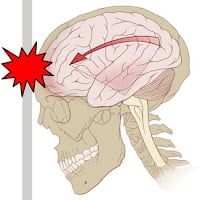
6 Steps to Treat Concussions & Prevent CTE Dementia
UNTREATED CONCUSSIONS may trigger CTE dementia (Chronic Traumatic Encephalopathy). Proper evaluation & treatment of concussions help brains heal. Learn how to best manage concussions.

UNTREATED CONCUSSIONS may trigger CTE dementia (Chronic Traumatic Encephalopathy). Proper evaluation & treatment of concussions help brains heal. Learn how to best manage concussions.

VIDEO: CTE Dementia is football’s big brain risk. That’s why Chris Borland, one of the most promising rookies in the NFL (National Football League), announced
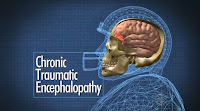
Diagnosing CTE, a dementia common to athletes, is crucial. It’s often misdiagnosed as Alzheimer’s, but CTE needs different treatment. For the first time, there is an experimental test that can confirm a CTE diagnosis during life. See how.

VIDEO: Professional athlete Patrick Grange died with CTE dementia. Learn the connection between CTE dementia and activities that are hard on the head.
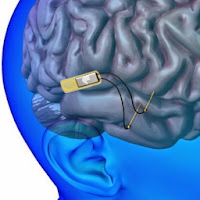
Can an implantable neural device stimulate brain cells to help restore memory? Find out why the U.S. Department of Defense is betting millions that it

New research shows that the Alzheimer’s drug memantine (Namenda™) may treat Huntington’s dementia. It seems to improve motor learning and coordination, as well as keep cells alive. It appears to work in a way that could also benefit dementia in traumatic brain injury and some forms of stroke. Can memantine offer a multi-type dementia breakthrough?
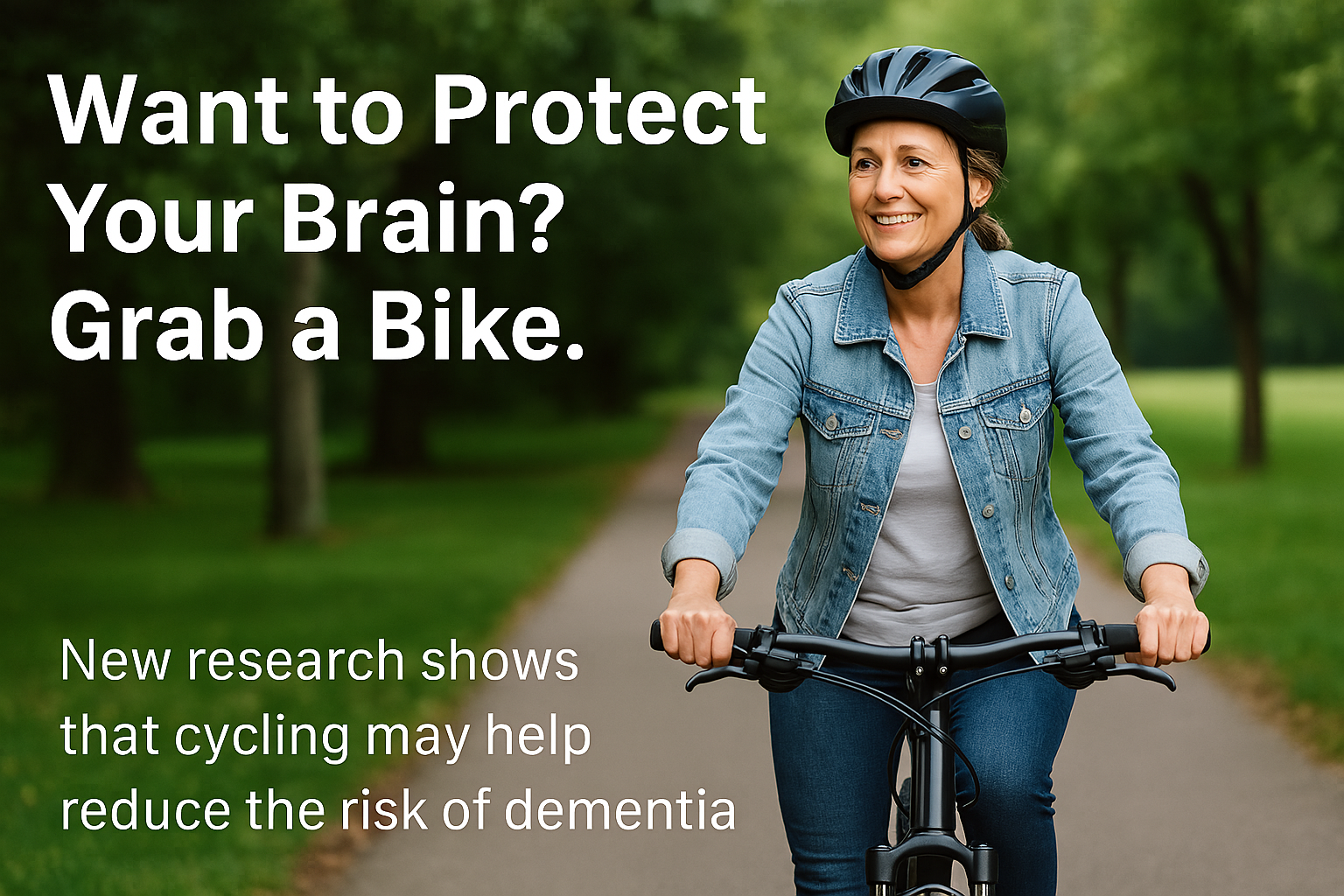
New research reveals that choosing a bike over a car might not just save gas—it could also help guard your brain against dementia, including Alzheimer’s. Here’s why cycling might be one of the smartest habits you can develop.

TWENTY MUSIC VIDEOS: Music says what words never can. Take in these engaging, moving songs about living well with Alzheimer’s.
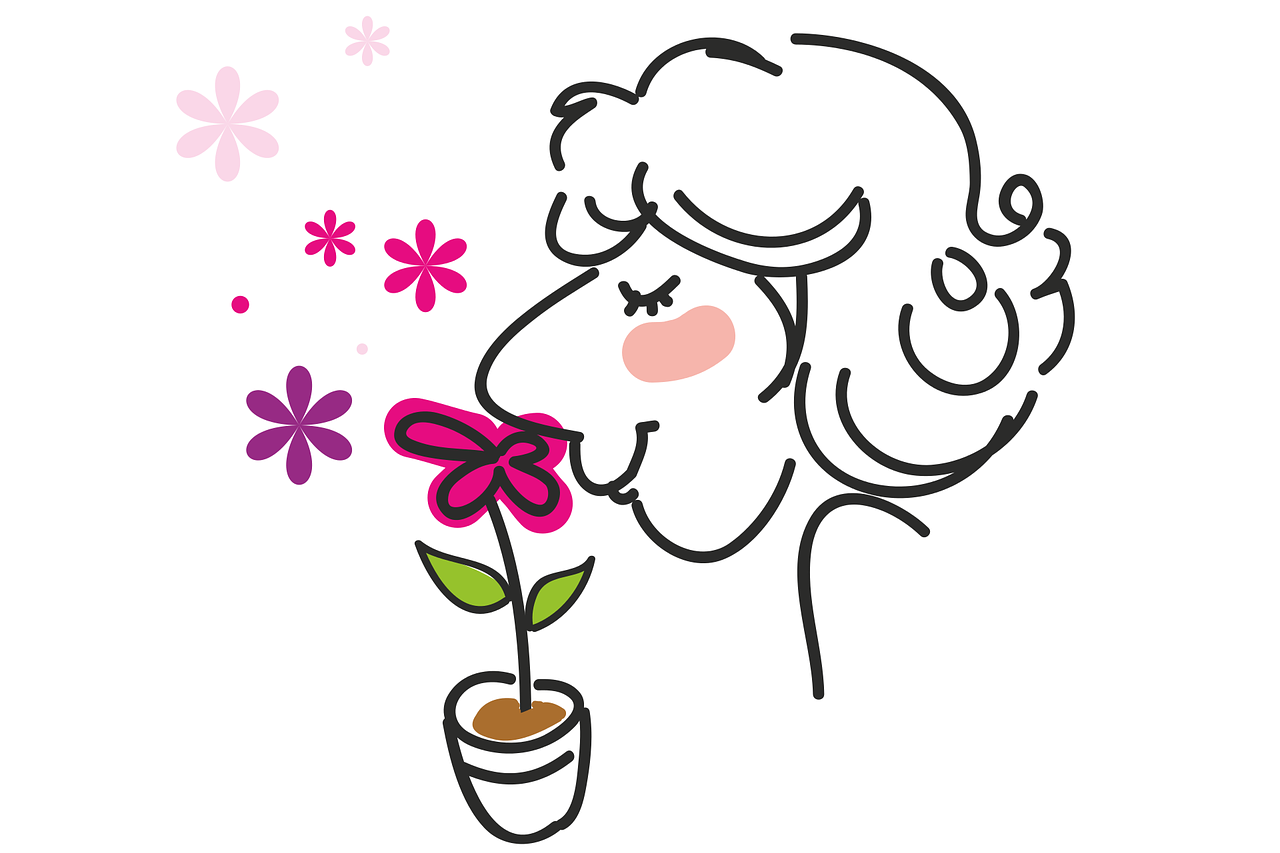
TEEPA CARE-TIP VIDEO:
Dementia dangerously alters a person’s sense of smell. Teepa Snow brings to light what people with dementia smell – and what they don’t. Learn to prevent hazards and frustrations.

Three important dementia studies focus on HS-AGING, a type of dementia almost as common as Alzheimer’s in the 85+ group. Yet few people have heard of it. Why? What makes it different?

An intriguing study of 120 grandmothers might surprise you. Doctors know socially engaged people have better cognition and less dementia. But can a person get too much of a good thing? What’s the right balance?

Enjoy this great duet between a musician with dementia and his son. A triumph of spirit over Alzheimer’s! Sing-a-long if you like!

It looks like a sneeze cannot give anyone Alzheimer’s. While Alzheimer’s abnormal disease proteins do spread from cell-to-cell, they are not “infectious”. Check out the facts.
No spam, only news and updates.